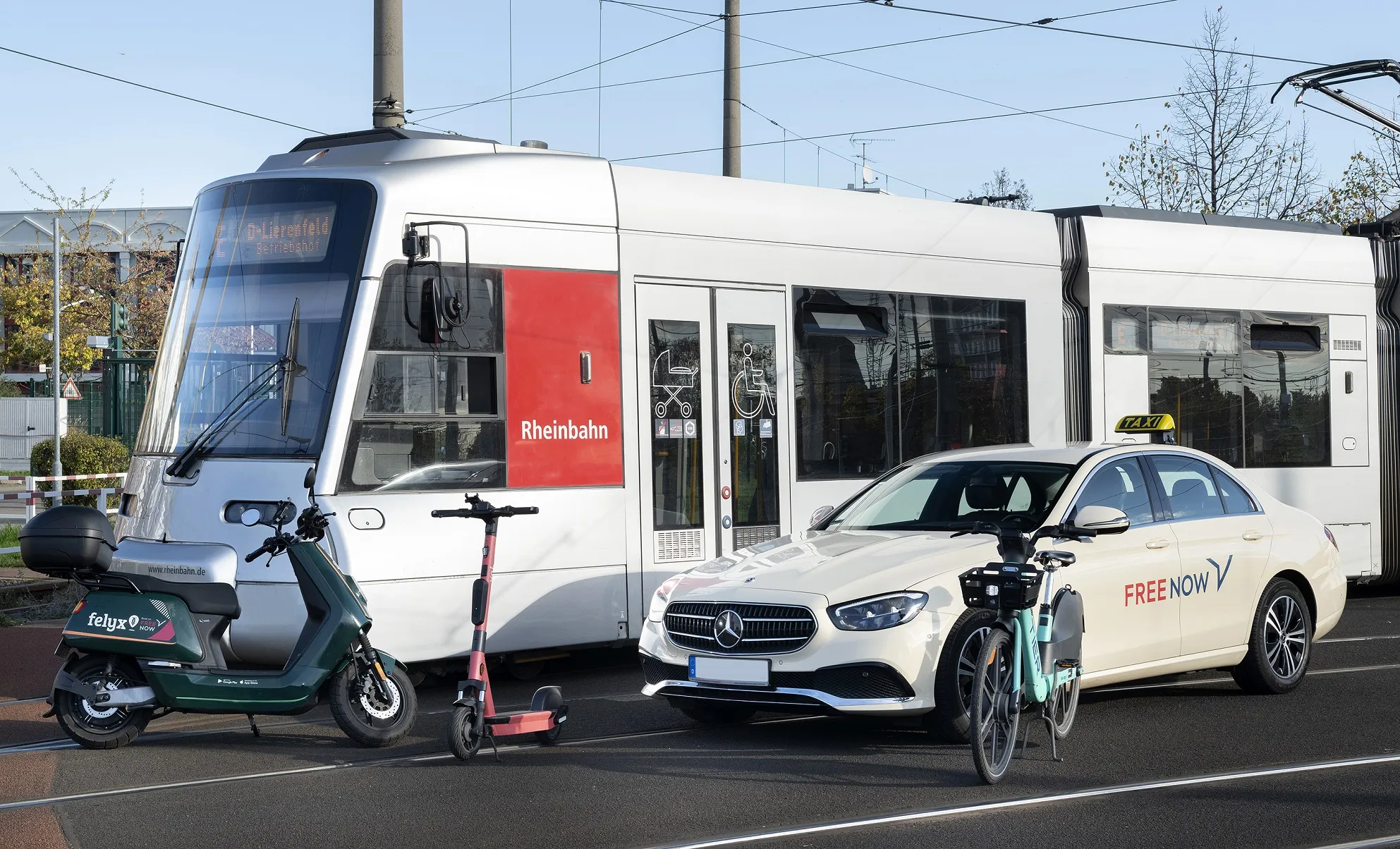Dutch digital security company
Celego is based on Calypso, an international contactless standard for transport ticketing and city services, and incorporates Gemalto’s latest technology for the transport market.
It enables wearers to use Lille’s bus, tram and metro services with nothing more than a tap of their wristband on a contactless reader.
The wristbands were launched to celebrate the Euro 2016 finals, but travellers will be able to use them indefinitely on Lille’s public transport system. They can be easily reloaded with the complete range of transport passes (except subscriptions) in all Transpole kiosks which are operated by Keolis Lille.
Gemalto and Keolis contactless ticketing
Dutch digital security company Gemalto, in cooperation with French public transit Keolis Lille, has rolled out what it claims is the world’s first contactless transport ticket wristband named Celego.
September 16, 2016
Read time: 1 min










